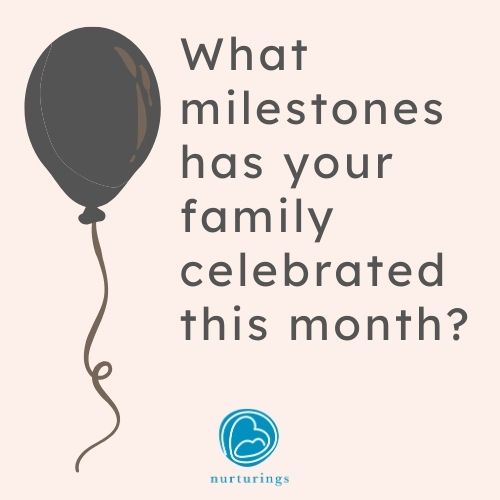Last night, I got a glimpse of my parenting future.
Elia was out with friends, riding bikes around the neighborhood. We had worked out a plan as to where she could go and what time to be home, but it was nevertheless hard for me to send her out there with only her friends for guidance.
In my mind, I imagined her 10 years older and instead of riding a bike, she’s driving a car and the elementary school friends are high school friends hanging out in the whole city instead of down the street.
Right now, the custom of hanging out with friends is new to both my daughter and me. I'm not sure I'm feeling entirely welcoming. OK, I know I'm not. I am not in love with the new position of importance that friends have taken in her life. I don't love that when Elia sees friends riding their bikes outside or playing at the playground across the street that there is suddenly someone more important than me. When she hears voices outside, she will fervently jump up from the couch, out of the crook of my arm, abandoning our book in mid-sentence, the words spilling out of her mouth, "Can I go play with my friends?"
Oh.
As my daughter's life begins to shift from "mom is my everything" to...well, "mom is not my everything," she has new preferences and interests. I am seeing her friends' mannerisms, quirks, voices, and word choices in Elia. Their influence is visible. This is quite a shift from up until now I only saw my influence in her.
As my daughter is still young, I know that this is only the beginning of her "age of friends" and I am well aware that over the years, friends will take more precedence in both of my children's lives.
Gordon Neufeld's book, Hold On to Your Kids, has new meaning for me now. I read the book and loved it when my kids were infants. It is one of four books that I consider to be the cornerstones to my approach to parenting. Now, as Elia grows older, I understand that it’s healthy for my daughter to include friends in her relationships, but I find it difficult to figure out how to continue to be her anchor in her expanding social world.
This is when parenting feels more like an effort to me. I have to find new ways of relating with Elia and setting boundaries to protect family time while respecting her time with friends and nurturing her growing self-autonomy.
In our family meetings, we've worked out guidelines for friend time, family time, and alone time. Daily conversations have become an important means to maintaining connection with my growing child. I seek out opportunities to put my arms around her, my fingers in her hair. Most importantly, I listen. I listen to my daughter's stories with interest and without judgement.
I'm not entirely comfortable with this recent shift in dynamics, but I am confident that our family’s relationships will continue to serve as Elia’s foundation. In the meantime, I will cuddle with my child as often as I can and enjoy these last moments of her early childhood while learning to look forward to watching her grow into the person she is becoming.
What are the milestones and transition points your family has celebrated this month?



